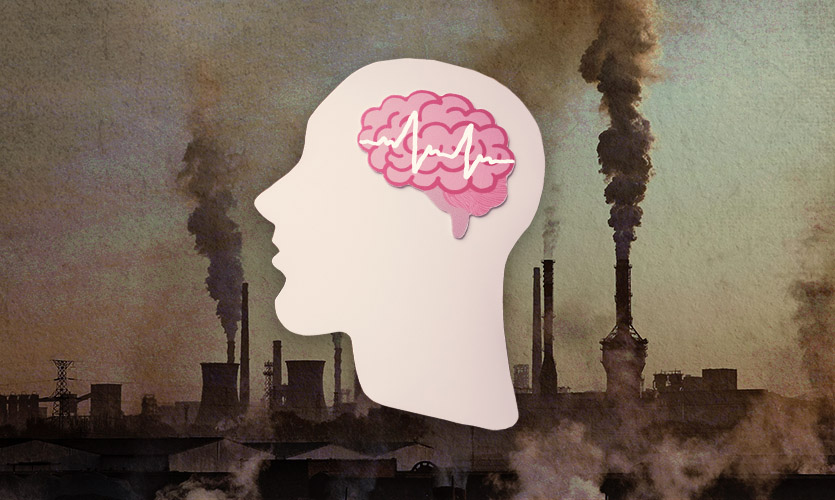Air pollution has contributed to many cardiovascular and respiratory diseases. But apart from physical diseases, new studies have found that it also has psychological effects, disturbing the mental health of people.
Two new studies published in the JAMA Network of scientific journals earlier this month, state that long-term exposure to air pollution increases the risk of depression.
One of the published studies in JAMA Network Open found that long-term exposure to elevated levels of air pollution raises the risk of late-onset depression in old people. This research was conducted to study the effect of air pollution on American senior citizens by researchers from Harvard and Emory University. The study analysed the data of over 8.9 million people older than 64 years of age on Medicare, a health insurance service in the US.
The researchers mapped the pollution levels to find the average annual exposure to air pollutants on the basis of the addresses of the Medicare users. According to Medicare, it was found that more than 1.52 million of them were diagnosed with depression during the research phase of 2005-2016. The study found a strong link between long-term exposure to air pollution and the high risk of depression at later stages in life.
It also observed that socioeconomically disadvantaged people were found to be more susceptible to late-life depression as they are affected by both social stress and poor environment that includes air pollution.
The study also found that the elderly population may be at high risk of depression due to pollution as a result of their pulmonary and neural vulnerability to inflammatory triggers such as air pollution. The researchers observed that in comparison to the elderly population, depression is less prevalent in younger people, however, they could experience other serious consequences such as cognitive impairment, comorbid physical illness or death.
They added that through this study, researchers should further try to consider possible environmental risk factors to prevent geriatric depression, and to provide better mental health care services to the elderly.
The second study was conducted by researchers in Britain and China, and was published in JAMA Psychiatry. It found that long-term exposure to even low levels of air pollutants was linked to increased incidents of depression and anxiety. They examined about 3,90,000 people over time and found a linkage between air pollution (even at levels lower than UK air quality standards) and depression and anxiety.
Health economist Xi Chen, in reference to this study, said that it was important to note that a lower dose of exposure for a long length of time may still affect the mental well-being of people.
Read more: Rural India Suffering From Dearth Of Physicians And Paramedics, Says Health Ministry










